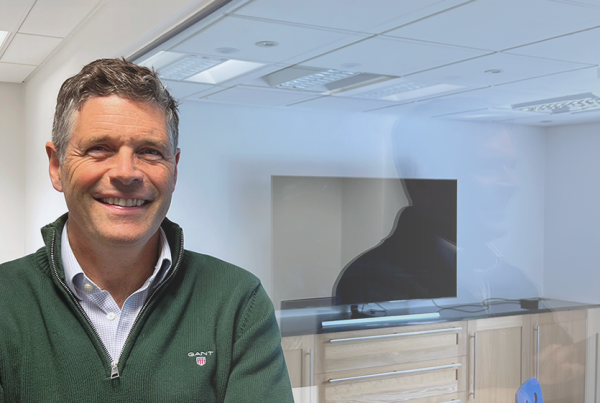
blog
Tips to prevent remote working burnout
Products & Services
For Partners
Useful Links
© 2022 TelcoSwitch. All rights reserved.
Close Menu
- Products
- Solutions
- Channel Partners
- Resources
- About us


